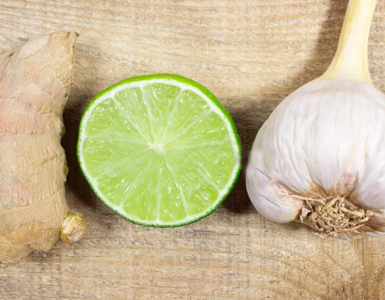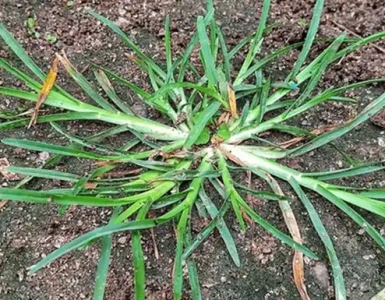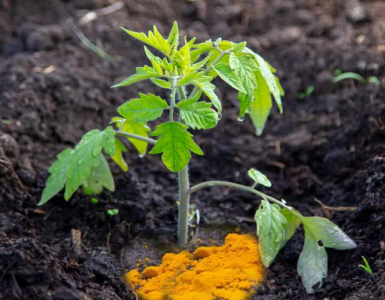In the realm of gardening, where enthusiasts are constantly seeking innovative and cost-effective methods to bolster plant health and growth, a surprising ally has emerged: aspirin. This common household medication, known for its ability to alleviate human ailments, holds untapped potential as a natural growth enhancer for plants. In this article, we delve into the practical applications of aspirin in gardening and provide guidance on how to harness its benefits effectively.
Understanding the Science Behind Aspirin and Plant Growth:
Aspirin, scientifically known as acetylsalicylic acid, possesses properties that can positively influence plant physiology. Studies have revealed that aspirin acts as a salicylate, a compound that triggers plant defense mechanisms against stressors such as pests, diseases, and adverse environmental conditions. By activating these defense pathways, aspirin helps fortify plants, enabling them to withstand challenges and thrive.
Furthermore, aspirin has been found to stimulate the production of key plant hormones like salicylic acid and jasmonic acid, which regulate various growth processes. This hormonal modulation induced by aspirin promotes root development, flowering, and fruiting, ultimately leading to healthier and more resilient plants.
Practical Tips for Using Aspirin in the Garden:
Seed Treatment: Prior to planting, soak seeds in a diluted aspirin solution to enhance germination rates and promote robust seedling growth. A solution of one aspirin tablet dissolved in one gallon of water is typically sufficient for this purpose.
Foliar Spray: Prepare a foliar spray by dissolving aspirin tablets in water and applying it directly to the foliage of plants. This can be done once every two to three weeks throughout the growing season to boost plant immunity and stimulate growth.
Soil Drench: For established plants, administer aspirin directly to the soil around the root zone. This method can improve nutrient uptake and enhance root development, leading to stronger and more resilient plants.
Stress Management: During periods of environmental stress, such as heatwaves or drought, regularly treat plants with aspirin to help them cope with the adverse conditions. Aspirin’s ability to mitigate stress can significantly reduce the risk of yield loss and plant damage.
Integrated Pest Management: Incorporate aspirin treatments into your pest management strategy to deter pests and minimize damage to plants. The salicylic acid present in aspirin acts as a natural repellent against certain insects, reducing the need for chemical pesticides.
Aspirin’s role as a secret ingredient in promoting plant health and vitality is a testament to the wonders of nature’s pharmacy. By harnessing the power of this humble medication, gardeners can cultivate thriving plants without breaking the bank or resorting to synthetic chemicals. Whether through seed treatments, foliar sprays, or soil drenches, integrating aspirin into gardening practices offers a simple and sustainable solution for enhancing plant growth and resilience. As we continue to explore the potential of natural remedies in gardening, aspirin stands out as a timeless ally in nurturing the green spaces we cherish.






Add comment